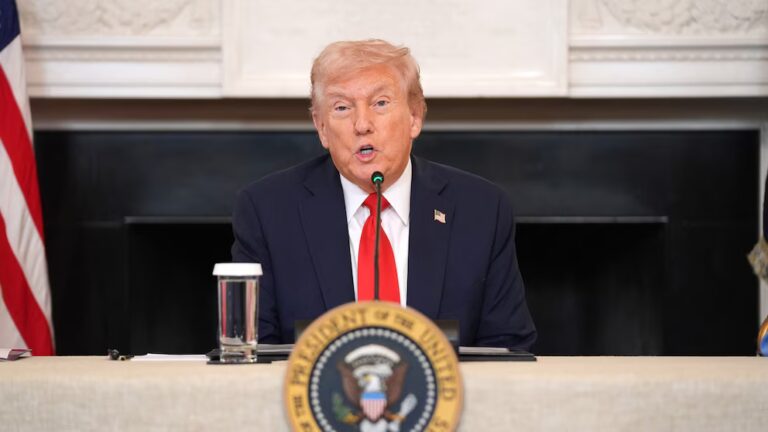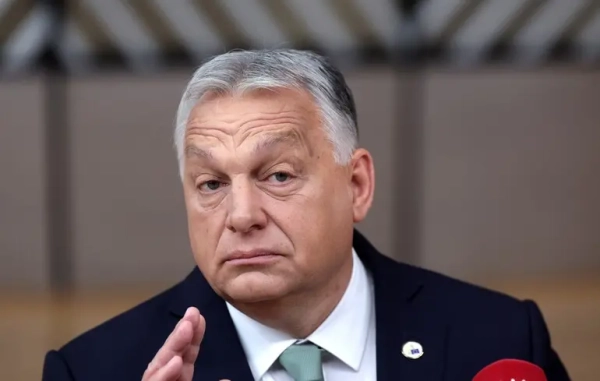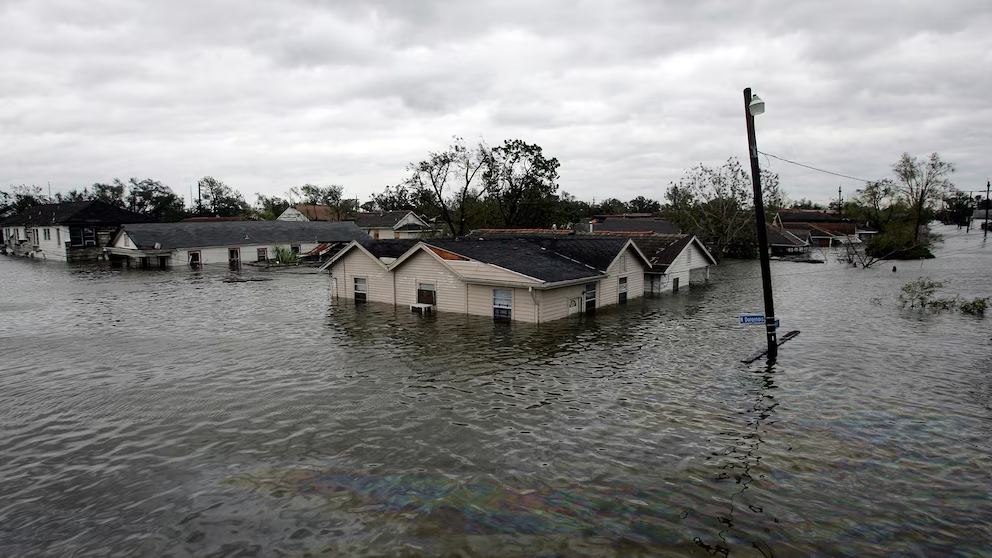
5:03Floodwater rises to the eaves of houses after Hurricane Katrina battered the region with torrential rain and powerful gusts on August 29, 2005, in New Orleans, Louisiana.Chris Graythen/Getty Images
Marking two decades since Hurricane Katrina, Federal Emergency Management Agency (FEMA) staff on Monday cautioned lawmakers that alterations and leadership choices under the Trump administration could leave the nation vulnerable when catastrophe hits.
“Since January 2025, FEMA has been steered by appointees who possess neither proper legal authority, Senate confirmation, nor the proven track record expected of a FEMA Administrator,” roughly 180 workers wrote in a letter to Congress on Monday.
FEMA operates as part of the Department of Homeland Security (DHS).
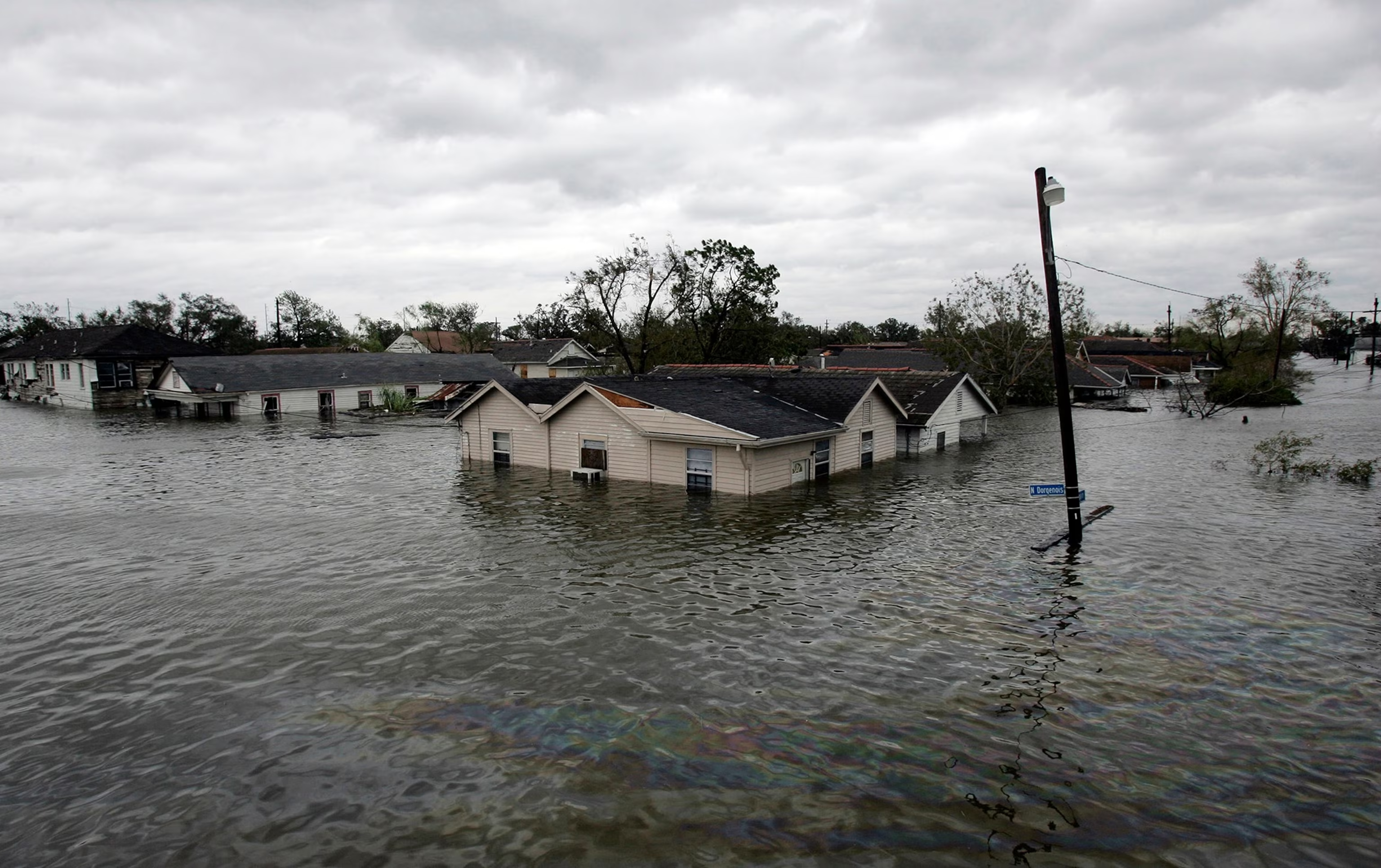
Floodwater rises to the eaves of houses after Hurricane Katrina battered the region with torrential rain and powerful gusts on August 29, 2005, in New Orleans, Louisiana.Chris Graythen/Getty Images
“Choices taken by Acting Administrator David Richardson, previous acting head Cameron Hamilton, and Homeland Security Secretary Kristi Noem chip away at FEMA’s capabilities and those of our State, Local, Tribal, and Territorial allies, slow the rapid rollout of our core tasks, and release seasoned personnel whose experience and relationships are indispensable for sound disaster response,” they added.
The organization underwent workforce cuts, and Secretary Noem tightened control over its grant programs.
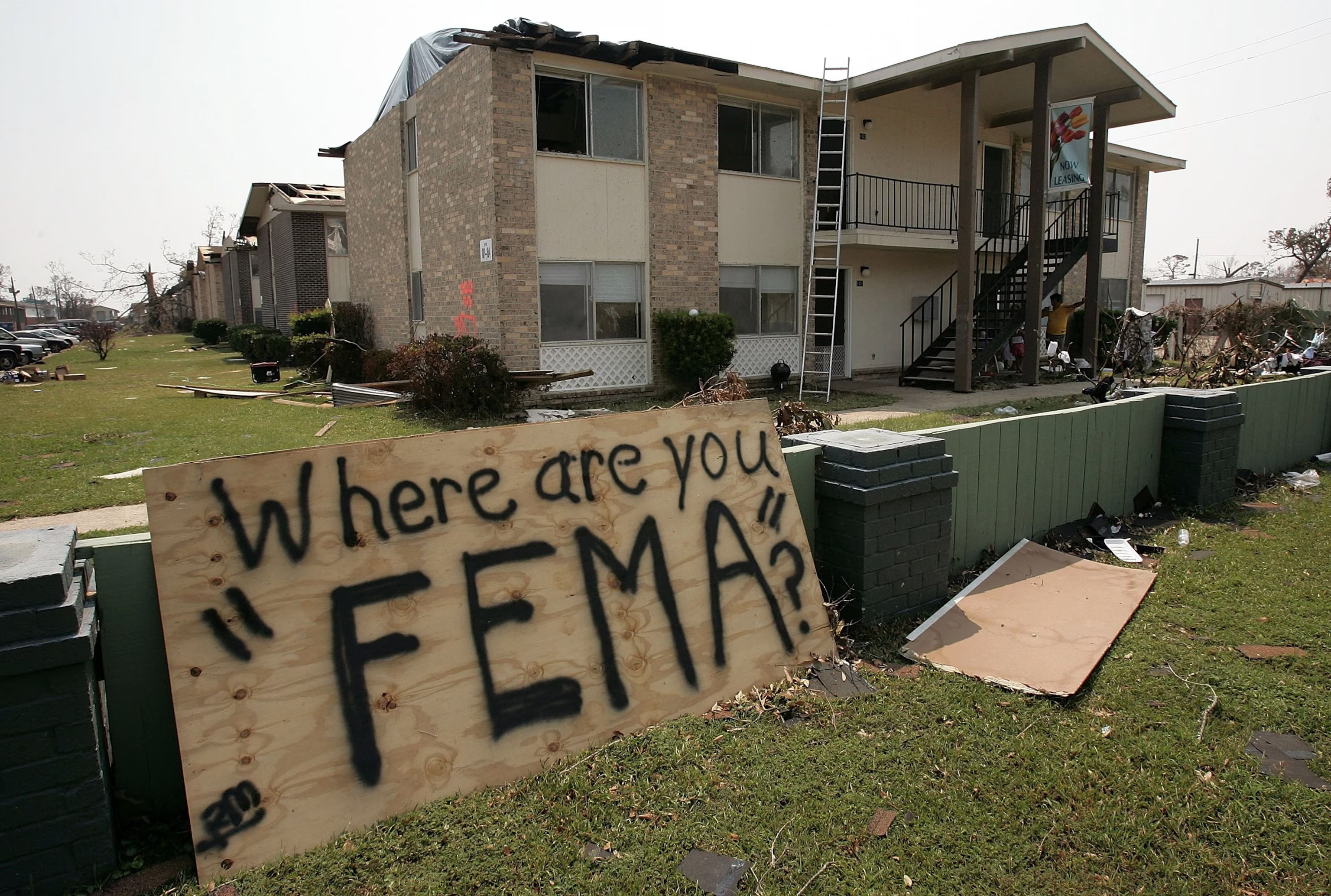
Apartment dwellers post a makeshift message outside their complex on September 4, 2005, in Biloxi, Mississippi.Win Mcnamee/Getty Images
In the aftermath of Katrina—which claimed nearly 1,300 lives and inflicted multibillion-dollar devastation on New Orleans in August 2005—Congress enacted the 2006 Post-Katrina Emergency Management Reform Act, aiming to modernize and coordinate federal emergency operations.
FEMA employees contended that “the agency’s present course signals a pronounced divergence from the spirit” of that law.
Current and ex-staff enumerated six separate objections to the Trump administration—from resisting a “credentialed” administrator to rejecting reductions in the agency’s scope.
The Trump administration has previously argued that it seeks to modernize the organization and that reductions are essential.

Acting FEMA Administrator David Richardson testifies before the House Transportation and Infrastructure Subcommittee on Economic Development, Public Buildings, and Emergency Management during a hearing entitled “Fixing Emergency Management: Examining Improvements to FEMA’s Disaster Response,” in the Rayburn building, July 23, 2025.Tom Williams/CQ-Roll Call, Inc via Getty Images
In remarks provided to ABC News, a DHS spokesperson pointed to its handling of recent floods in New Mexico and Texas as proof that its initiatives are working.
“For years, FEMA was mired in bureaucracy, sluggish procedures, and obsolete systems that delayed disaster funds from reaching survivors. The Trump Administration has prioritized accountability and reform so that taxpayer dollars truly reach the residents and communities for whom they are intended,” the spokesperson said.
“It should come as no shock that some of the very officials who oversaw decades of dysfunction are challenging these reforms. Change is never easy—especially for those wedded to the existing order. Our duty lies with the survivors, not with safeguarding dysfunctional systems,” the spokesperson added.
Sourse: abcnews.go.com
